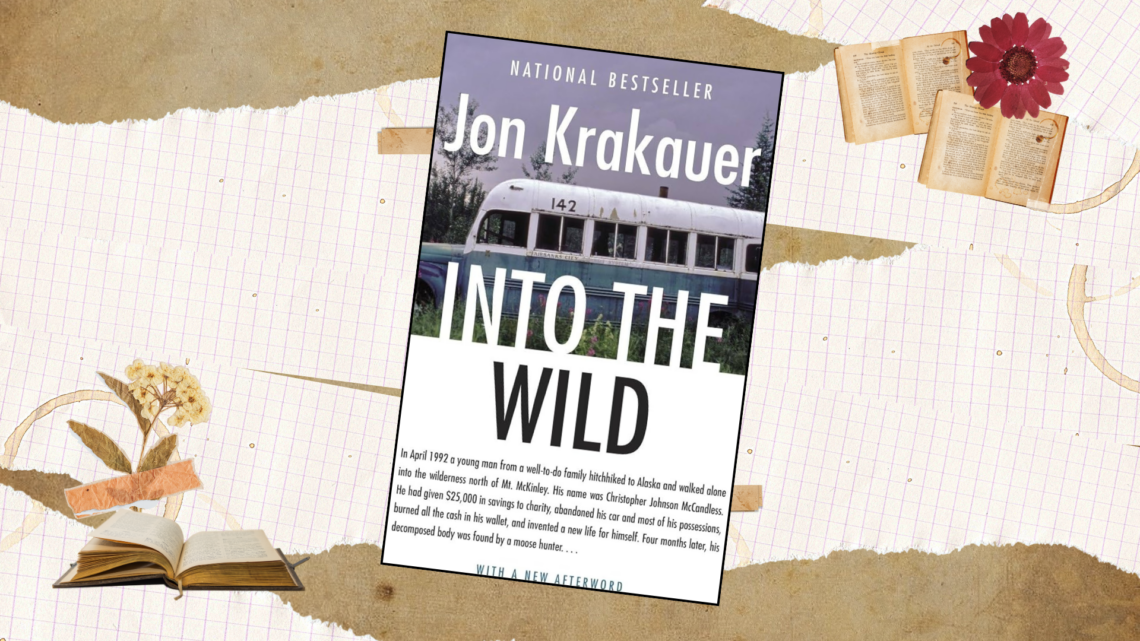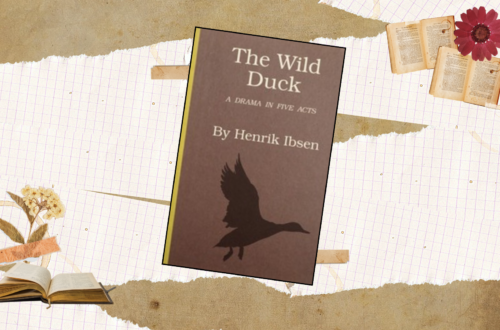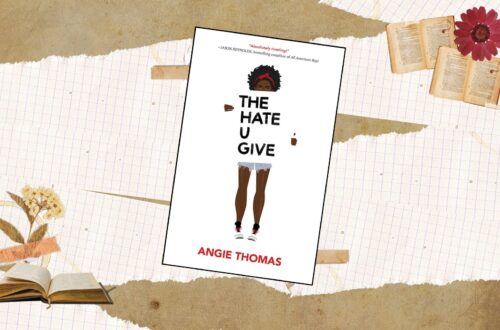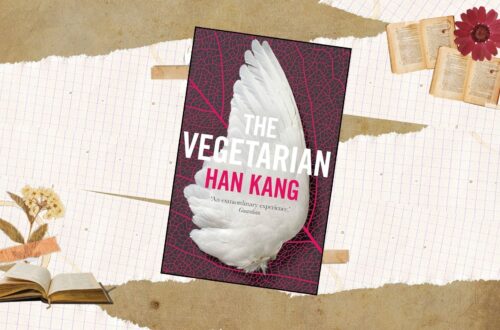Two years he walks the earth. No phone, no pool, no pets, no cigarettes. Ultimate freedom. An extremist. An aesthetic voyager whose home is the road…No longer to be poisoned by civilization he flees, and walks alone upon the land to become lost in the wild.
Jon Krakauer in Into the Wild
This book seems to divide people.
Following the life of Christopher Johnson McCandless, Jon Krakauer provides an in-depth exploration of transcendentalist idealism, a movement that finds meaning in nature and oppression in society. Bordering on obsession at times, Krakauer delves into the motivations and journey of Christopher McCandless; in McCandless, Krakauer sees a part of himself, his belief on ideals and overexaggeration of their impact on life. Even after this, however, Krakauer writes of McCandless with a certain innate respect.
From the beginning of the book, Krakauer leaves no speculation for the end of McCandless’s story–his death is introduced to the reader on the very first page. This abnormal introduction, however, allows Krakauer to experiment with a rather particular sequencing, creating a diverse narrative in which he implements the cast from McCandless’s journey from both before and after McCandless had passed, while also adding bits and pieces about himself as to convey his motivations and relevance in journalizing Christopher’s life. Of course, this does not come without bias. But what’s interesting about this book is how Christopher’s romantic ideals and viewpoints are approached. Jon Krakauer’s perspectives and his own accounts of this contributes to the reader’s understanding of McCandless, doing just enough to portray him as an eccentric character while also surfacing the realities and essentially delusional aspects of these romantic ideals:
It is easy, when you are young, to believe that what you desire is no less than what you deserve, to assume that if you want something badly enough, it is your God-given right to have it.
Jon Krakauer in Into the Wild
Yet, McCandless was young. He had a dream of heroism, which for him was to have a taste of living without the bounds of material wealth and society. Fool or not, one can’t deny the trail of pure revelation he had exhibited, the product of being able to follow what he believed would change his life.
~ 5 stars





